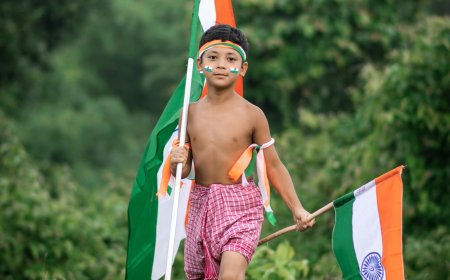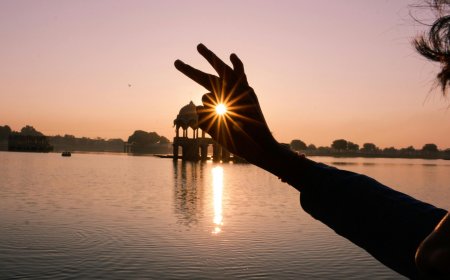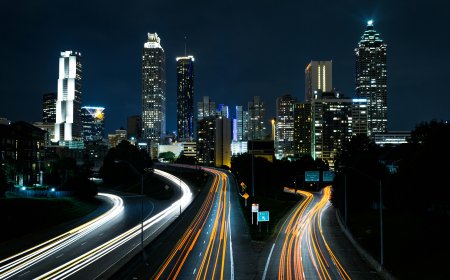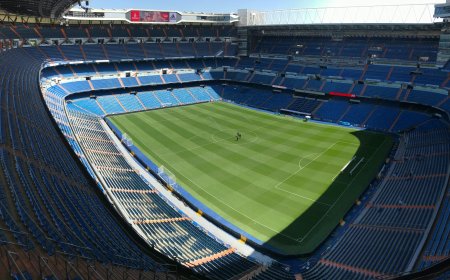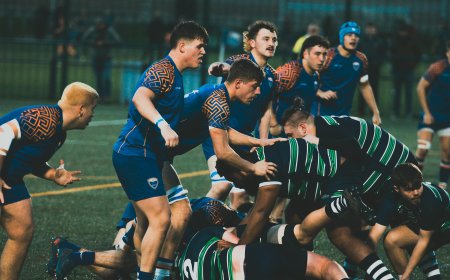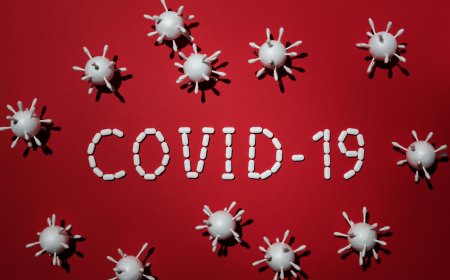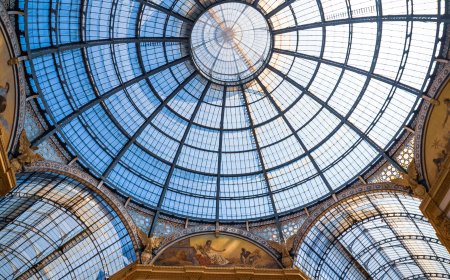The Leaders Who Defined the 20th Century
From Churchill to Mandela, discover the leaders who reshaped the 20th century through war, diplomacy, and vision.
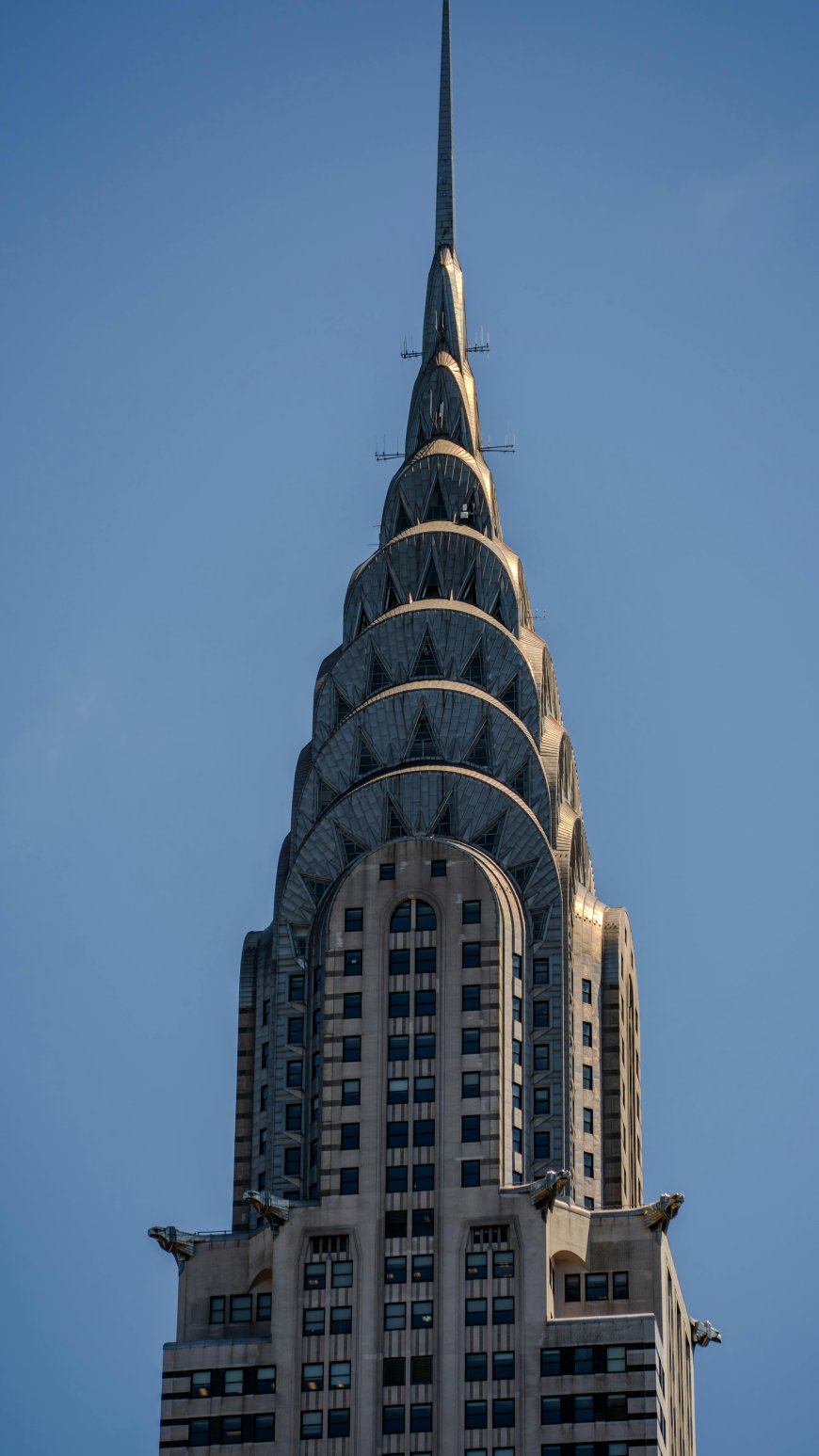
History is not written by dates alone, but by the men and women who stood at the center of the storm. The 20th century—marked by world wars, revolutions, liberation movements, and the Cold War—was defined by a handful of leaders whose choices altered the course of nations.
Some commanded through charisma, others through ideology, and a few through sheer willpower. Together, they reshaped politics, freedom, and the meaning of leadership itself.
Winston Churchill: The Voice of Defiance
When Britain stood alone against Nazi Germany in 1940, it was Winston Churchill’s voice that carried the weight of hope. His speeches—“We shall fight on the beaches”—gave courage to a frightened nation.
His Legacy
- Led Britain through World War II.
- Symbolized resilience against tyranny.
- Later warned of the “Iron Curtain,” foreseeing the Cold War.
Churchill was not perfect—criticized for his colonial views—but his ability to rally a nation cemented his place in history.
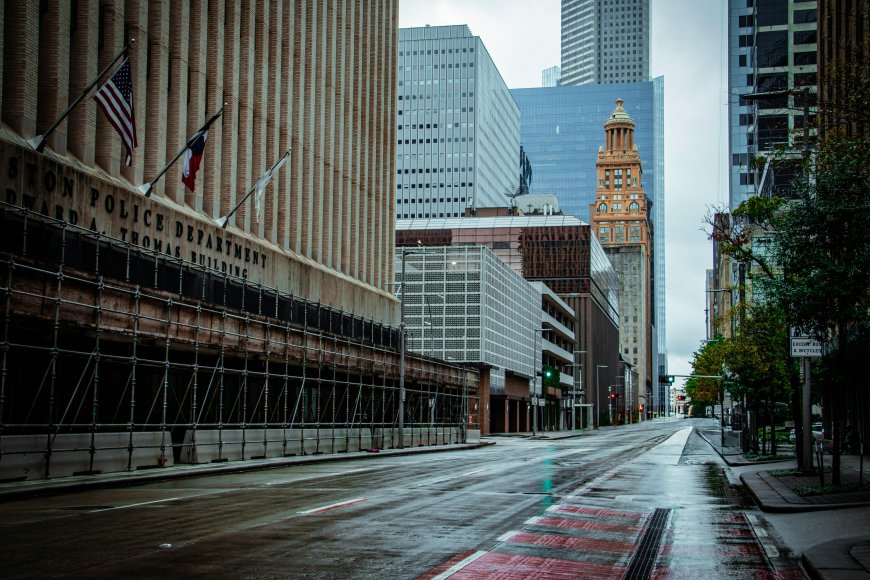
Franklin D. Roosevelt: The Architect of Recovery
Across the Atlantic, Franklin D. Roosevelt steered the United States through both the Great Depression and World War II.
Why Roosevelt Matters
- Launched the New Deal, reshaping America’s economy.
- Expanded social safety nets.
- Forged alliances that helped defeat fascism.
Confined to a wheelchair by polio, FDR’s perseverance symbolized strength in vulnerability. He proved leadership could transcend physical limitations.
Joseph Stalin: The Iron Dictator
Not all influential leaders brought freedom. Joseph Stalin, who ruled the Soviet Union with brutal force, shaped the century through fear.
His Role
- Transformed the USSR into a global superpower.
- Oversaw industrialization and victory over Nazi Germany.
- Inflicted terror through purges, gulags, and repression.
Stalin’s shadow defined much of the Cold War. His reign remains a warning of the dangers of unchecked power.
Mahatma Gandhi: The Apostle of Nonviolence
In India, a frail man with a walking stick challenged one of the world’s mightiest empires without firing a shot.
Gandhi’s Legacy
- Pioneered nonviolent resistance against British colonial rule.
- Inspired civil rights movements worldwide.
- Proved moral authority could rival military might.
From Martin Luther King Jr. to Nelson Mandela, Gandhi’s philosophy of peaceful protest rippled across the globe.
Adolf Hitler: The Tyrant Who Brought War
No leader left a darker stain on the 20th century than Adolf Hitler. His dictatorship plunged the world into war, caused the Holocaust, and left tens of millions dead.
His Impact
- Rose to power in Germany during economic despair.
- Created a genocidal regime under Nazi ideology.
- Triggered WWII, reshaping global power structures.
Hitler’s downfall in 1945 marked both an end and a beginning—the start of a world order built on the determination to never repeat such horrors.
John F. Kennedy: The Modern Icon
Though his presidency was cut short by assassination, John F. Kennedy’s charisma and vision left a lasting impression.
Why Kennedy Stands Out
- Inspired a generation with calls to civic duty.
- Guided the US through the Cuban Missile Crisis, averting nuclear war.
- Laid groundwork for the space race.
Kennedy embodied the optimism of postwar America, symbolizing both promise and tragedy.

Nelson Mandela: The Prisoner Who Became President
Few stories embody resilience like Nelson Mandela’s. Imprisoned for 27 years, he emerged not with vengeance, but with forgiveness.
Mandela’s Legacy
- Led South Africa out of apartheid.
- Championed reconciliation over revenge.
- Became a global icon of justice and dignity.
Mandela proved that leadership is not measured by power, but by the ability to heal a nation’s wounds.
Margaret Thatcher: The Iron Lady
Britain’s first female prime minister, Margaret Thatcher, left a controversial but undeniable mark.
Her Contributions
- Pioneered free-market reforms.
- Strengthened the Anglo-American alliance with Ronald Reagan.
- Asserted Britain’s military resolve in the Falklands War.
Admired and loathed in equal measure, Thatcher reshaped economic policy worldwide.
Mao Zedong: The Revolutionary Chairman
In China, Mao Zedong led a peasant revolution that toppled centuries of imperial rule.
Mao’s Role
- Founded the People’s Republic of China in 1949.
- Wielded immense ideological and cultural influence.
- Oversaw campaigns like the Great Leap Forward and Cultural Revolution—bringing both transformation and tragedy.
Mao’s legacy is complex: a revolutionary who made China a world power, yet whose policies cost millions of lives.
Storytelling Section: The Yalta Conference
In February 1945, as World War II neared its end, Churchill, Roosevelt, and Stalin met in Yalta to shape the postwar order.
Photographs of the three leaders—each with clashing ideologies—capture the paradox of the 20th century. Together, they defeated Hitler, yet their rival visions birthed the Cold War.
This single moment epitomizes how leadership can unite against tyranny, only to sow seeds of future conflict.
Conclusion: The Leaders Who Defined an Era
The 20th century was an age of extremes—of freedom and tyranny, war and peace, destruction and rebuilding. Its leaders embodied these contradictions.
Churchill and Roosevelt inspired hope. Hitler and Stalin wielded terror. Gandhi and Mandela offered moral clarity. Kennedy and Thatcher symbolized ambition in a new global order. Mao remade one of the world’s oldest civilizations.
Together, they prove that leadership is not just about power—it is about vision, choices, and the legacies that echo across generations.
FAQs
Q1: Who was the most influential leader of the 20th century?
A1: Opinions vary, but Winston Churchill, Franklin D. Roosevelt, and Nelson Mandela are often cited.
Q2: Which leader used nonviolence to achieve independence?
A2: Mahatma Gandhi led India’s independence movement through peaceful resistance.
Q3: Why is Mandela remembered as a global hero?
A3: For ending apartheid in South Africa and promoting reconciliation.
Q4: Who were the leaders at the Yalta Conference?
A4: Winston Churchill, Franklin D. Roosevelt, and Joseph Stalin.
Q5: Which female leader reshaped global politics in the 20th century?
A5: Margaret Thatcher, Britain’s first female prime minister, often called the “Iron Lady.”
What's Your Reaction?
 Like
0
Like
0
 Dislike
0
Dislike
0
 Love
0
Love
0
 Funny
0
Funny
0
 Angry
0
Angry
0
 Sad
0
Sad
0
 Wow
0
Wow
0







